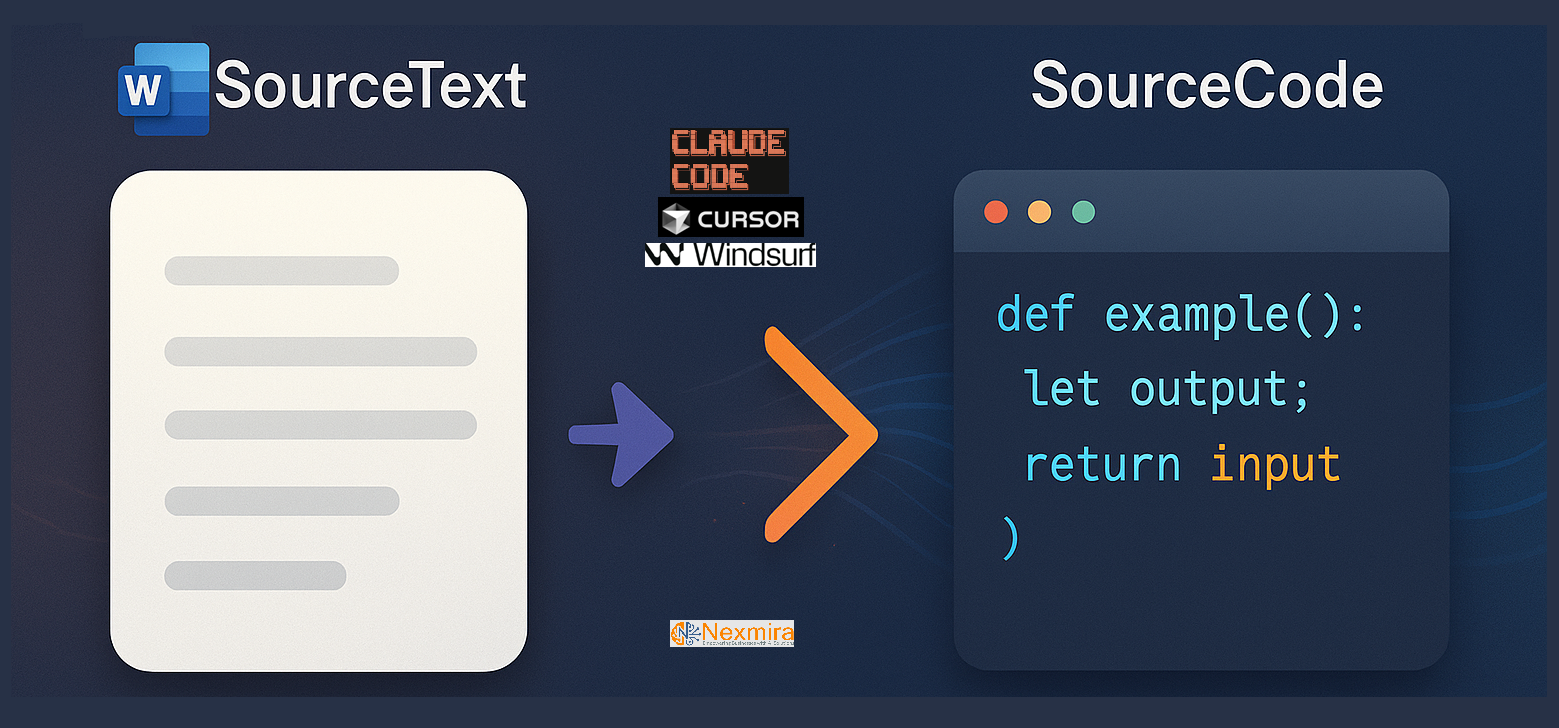What Is an AI Assistant?
An AI assistant is a software application powered by artificial intelligence that helps users complete simple and repetitive tasks. These assistants are reactive — they wait for instructions from users and respond based on predefined commands or patterns. Their focus is on enhancing individual productivity by performing tasks like scheduling meetings, retrieving information, transcribing content, or automating emails.
They operate within narrow parameters and typically do not initiate actions on their own. Think of them as highly efficient digital helpers who perform specific jobs well, but always need guidance from a human user. They are focused on small to medium-sized businesses; they can be personalised. They’re task-specific and usually require human prompting to function effectively.
Examples of AI Assistants in Action
- Virtual Personal Assistants like ChatGPT, Siri, or Google Assistant that help individuals generate content, retrieve answers, set reminders, and streamline communication.
- Email and Document Assistants that help draft emails, summarise reports, and format documents using AI-powered tools like Grammarly, Notion AI, or Microsoft Copilot.
- Meeting and Scheduling Tools that coordinate calendars, find optimal meeting times, and send automated invites based on user preferences.
- Customer support add-ons that help agents by providing knowledge base articles or suggesting replies in live chat tools (rather than standalone chatbots).
These AI assistants are best suited for automating individual-level productivity and improving task efficiency. They do not initiate tasks or manage operations independently, but provide valuable support in personal workflows without requiring deep backend integration.
Why Businesses Use AI Assistants
Businesses adopt AI assistants for their affordability, speed of deployment, and ease of use. Key benefits include:
- Faster task completion
- Reduced administrative overhead
- 24/7 availability
- Improved employee focus on higher-value work
However, as business processes become more complex, the limitations of assistants become more apparent.
What Is an AI Agent?
An AI agent is a more advanced, autonomous system that not only performs tasks, but also understands context, makes decisions, and adapts over time. Unlike AI assistants, AI agents are proactive — they can operate without constant human prompts, interact with various systems, and carry out multi-step processes with minimal oversight.
AI agents are designed to behave more like digital collaborators rather than tools. They observe, learn, and act based on real-time data, providing strategic value and operational efficiency. In short, where an assistant follows instructions, an agent takes initiative and manages complexity.
Examples of AI Agents in Action
- Automated Onboarding Agents that not only guide new employees through setup and training, but also connect with HR systems, generate personalised onboarding schedules, and proactively send reminders or escalate delays.
- Customer Support Agents that go beyond answering queries — they identify customer issues, retrieve data from CRMs, apply logic to triage problems, and autonomously escalate or resolve tickets across channels like email, chat, and social platforms.
- Operations Agents that continuously monitor backend systems, detect anomalies (e.g., delivery delays, server downtimes), and take automated corrective actions such as dispatching resources or notifying relevant teams without manual intervention.
These AI agents are ideal for small to medium-sized businesses facing operational complexity but lacking large support teams.
Why Businesses Use AI Agents
AI agents deliver value far beyond routine automation, especially when tailored to the unique needs of small to medium-sized businesses. Their benefits include:
- Autonomous problem-solving
- Workflow orchestration across departments
- Real-time data processing and action
- Personalised experiences for users and customers
They’re especially valuable in environments where time, accuracy, and system interconnectivity are critical.
AI Assistants vs. AI Agents: Key Differences
| Feature | AI Assistant | AI Agent |
|---|---|---|
| Primary Function | Task support | Autonomous execution |
| Human Input Required | Frequent | Minimal |
| Adaptability | Low | High |
| Integration Depth | Surface-level apps | Full-stack systems |
| UIdeal Use Case | Basic tasks | Complex workflows |
Understanding these differences is key to choosing the right AI solution — especially for small to medium-sized businesses seeking personalised automation strategies.
Why This Difference Matters for Your Business
Choosing between an AI assistant and an AI agent isn’t just a technical decision — it’s a strategic choice for small to medium-sized businesses looking to personalise and scale their operations. The right choice determines how far your business can go with automation and AI-driven intelligence.
If your business needs to reduce repetitive tasks, an AI assistant might be sufficient. But if you’re aiming to scale operations, enhance customer experience, or optimise internal workflows, AI agents are the future-proof solution.
Real-World Examples: How Nexmira’s AI Powers Smarter Operations
Nexmira offers two powerful solutions tailored for businesses: NexAgent and NexAssist.
- NexAgent is ideal for businesses looking to automate complex workflows across multiple systems. It functions as a full-scale AI agent that handles operations, customer support, and internal processes with minimal human input.
- NexAssist is perfect for teams and professionals who need a highly personalised and secure AI assistant to boost day-to-day productivity. It provides support for tasks like research, drafting content, organising knowledge, and making decisions.
How to Choose the Right AI for Your Business Goals
Start by identifying your core pain points:
- Are repetitive tasks slowing down your team?
- Do your systems lack integration?
- Are you looking to improve customer experience or internal efficiency?
If your needs are simple and contained, an AI assistant may deliver quick value. But for businesses seeking long-term gains, dynamic adaptability, and strategic automation, AI agents like NexAgentix are the superior choice. Nexmira can help businesses evaluate, plan, and deploy the right AI solution.
Conclusion
AI assistants and AI agents both offer tremendous value, but knowing the difference is crucial. Businesses can unlock real competitive advantage by choosing the right AI strategy.



